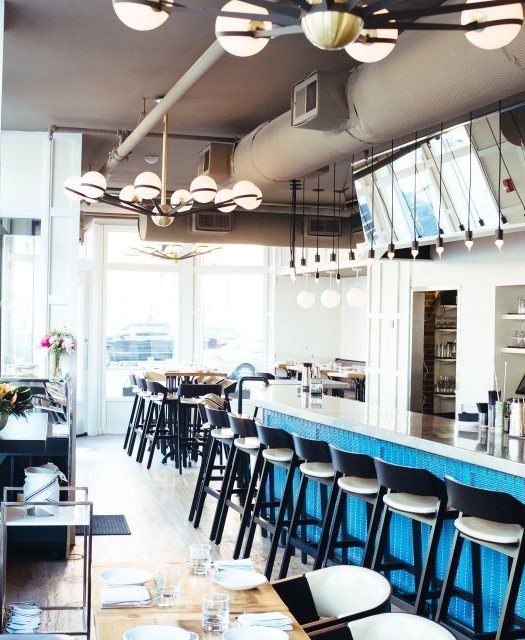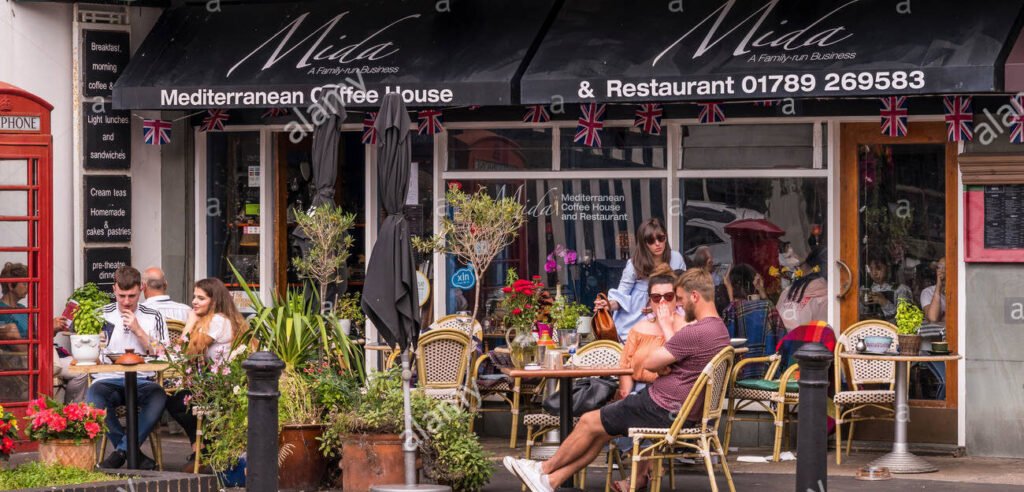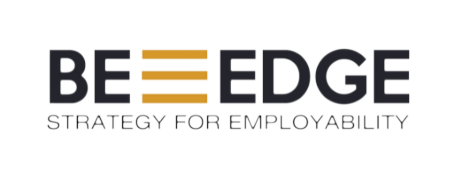MIDA: Expanding in a COVID World
Emma Bianchi, Nicholas Elia, Nedcar Faugas, Vedika Jain, Matthew Ostheimer BSBA


Subject area: Corporate Strategy of Extension, Positioning Strategy
Region: United States
Industry: Restaurant
Company: MIDA
Challenge: The client, MIDA, a trendy Italian restaurant located in Boston’s south end presented a challenge of expansion in an industry that was in turmoil, due to the economic slump created by the COVID-19 pandemic. Following national press and awards, MIDA sought out to expand their restaurants into multiple locations by 2021 to extend the success of the original flagship store. However, with the pandemic, Seth Gerber and Douglass Williams, the two partners who owned the restaurant were concerned about their plans of expansion. They questioned if expansion during the pandemic was viable and if yes, how do they continue to remain competitive at their new locations as well.


Investment in Personal Capital: Elucidating Professional CORE
We looked to learn about the consulting process and simultaneously apply our individual skills to the challenge presented to us. We chose this project due to its unique relevance to each of us, as we all felt we could both gain and give with it.
By using each of our own skills, we were better able to serve the client and help find recommendations for their challenge.
- Matt: This was relevant due to my relationship to MIDA and my role with them after graduation. I was able to apply my Entrepreneurship and Marketing expertise, as well as industry knowledge in working on this case. I hope to use what I learned at MIDA and later in my career as well.
- Emma: This project is relevant to me because after graduation I plan on expanding my family business. Although it is not in the restaurant industry, I can hopefully learn more about the expansion process in business in general and how to avoid cannibalization.
- Vedika: My future aspirations of running my family jewelry retail chain coincide with this project as both a jewelry outlet and a restaurant are a part of the hospitality/ service industry. Due to the similarity in terms of type of organization and industry, this project was an excellent opportunity for me to gain a deeper understanding of my industry with regards to expansion during COVID, services and customer relations.
- Nick: Although this project may not be directly significant to my future in technology and investing, I still feel that the overall skills learned will certainly be applicable to my future profession. Choosing and perfecting a strategy is crucial for any business’s success, so it will be interesting to gain insights from a different industry. Hopefully, bringing a different strategic perspective to an employer will allow me to diversify myself from others and stand out among a crowd of candidates.
- Ned: Since I am a Finance major, this project correlates to two jobs I want to do after graduating. I want to work as a financial advisor or analyst. As a Financial advisor, I will work with companies like MIDA that want to expand and assess whether or not their financial objectives are feasible based on the company’s income, expenses, risk tolerance, insurance coverage, etc. Similarly, as a financial analyst, I will also examine the financial data of a firm to help companies make important business decisions. A benefit of this project is that I get to observe how companies deal with the expansion process which can help me provide tips to future clients.
Investments in Social Capital: Building Trust within the Company and Industry
In order to bridge the gap between the challenge of expansion faced by MIDA in a COVID world and a practical solution, the team collected primary and secondary data from various reliable sources, including detailed interviews with the partners and extensive research in the South Boston area. The team hoped to be considerate of the partner’s time throughout the course as MIDA is currently expanding and therefore decided to gather as much information as possible through detailed interviews with Matt Ostheimer, who is going to be working at MIDA as a manager after his departure from Northeastern.
To conduct an in-depth analysis of the growth potential in the restaurant industry and the competitive forces at play in the market during COVID, the team decided to conduct field research instead of solely relying on secondary data sources available online. The research consisted of visiting restaurants in the South Boston area, which gave the team a better understanding of the impact of COVID on the restaurant industry.
In addition to these in-person research tasks, there was large scale data collection and analysis by the team through secondary sources. These sources included publications from the Massachusetts Restaurant Association, National Restaurant Association via National Economic Reports, and other trusted sources. These, along with cultural documents and background pieces, led to a deeper understanding of the industry and market situations.
To put it into perspective, the team eventually compiled all the information collected and presented it to the partners. The feedback received greatly helped continue the project forward and allow us to see some insights in the data that we had not previously recognized, such as the impact of social movements in early 2020.
Investments in Professional Capital: Analysing Market Needs, Crating an Industry Map
At first glance, the challenge presented appeared to be a vast, unachievable problem. To help make it seem more understandable in our analysis, we came to the conclusion that by the time Team MIDA would be able to capitalize on our recommendation, COVID would comparatively have less of an impact on Mida’s expansion. We also felt that due to the uncertainty of the pandemic, predicting its duration was outside the scope of our expertise. Therefore, we focused solely on whether or not to expand, and if so how to do so effectively in regards to the brand.
After deep analysis, we found that there were effectively three options to pursue: To not expand, to expand and focus on cost leadership, or to expand and focus on differentiation. With these options in mind, we began to take a deeper look at MIDA’s core competencies. We found that MIDA, to most consumers, is different, it is special, and it is not just another restaurant. This stemmed from the local and national press received by the brand. For example, Douglas Williams was named one of Food and Wine’s 10 Best New Chefs in America in May of 2020. This ruled out cost-leadership. That left focusing on differentiation, or no expansion at all. At this point, we talked to the partners, Williams and Gerber, who explained that due to available funding, cost feasibility really was not a concern. Taking this into consideration, we felt that an expansion into two new locations, focusing on product differentiation was the ideal move for Team MIDA.
Capital Utilization: What’s next?
When we reflect back on our time working with MIDA and the hours spent on the project, we realize the impact this has had on each one of us. We as a team firmly believe this experience will allow us to be better employees, employers, and thinkers. In their feedback to us, Team MIDA acknowledged how they felt we were able to tackle problem solving at a level beyond our years, and that is certainly something we will hold on to and practice going forward.
As we progress in life, we will use the knowledge gained in this process to make informed decisions by analyzing all sides of the challenge presented before we begin implementing solutions. We are thankful for the opportunity presented by Team MIDA and the BE-EDGE course!








0 comments
Write a comment